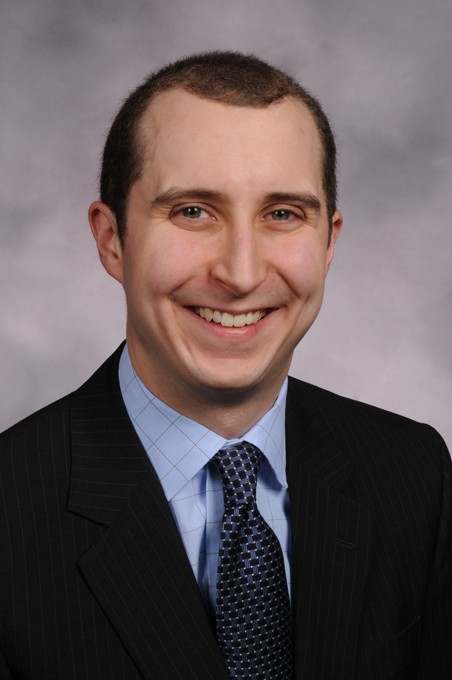It’s time for public school teachers in Oklahoma to receive a pay raise. According to one survey, over 97 percent of Oklahoma voters share this sentiment.
University of Oklahoma President David Boren has proposed increasing Oklahoma’s sales tax burden to the highest in the nation in order to provide $5,000 salary increases for every teacher in the state.
However, under this proposal, over 40 percent of the money from the tax increase would not go to teacher salaries, but to higher education and other programs.
Boren leads a coalition to put his proposal on next year’s statewide ballot.
The problem is the coalition’s ballot petition, Initiative Petition 403, violates the Oklahoma Constitution’s single-subject rule. The state constitution limits ballot initiatives to one subject each, in order to prevent logrolling.
“Logrolling” is when you take something people generally favor, like a pay raise for hardworking teachers, and roll it up with something people do not generally favor, like a major tax increase.
The Oklahoma Supreme Court has opposed logrolling in the past because, in the court’s words, “voters should not have to adopt measures of which they really disapprove in order to embrace positions that they favor.”
Boren’s proposed ballot measure contains at least four subjects.
The first subject is the pay raise for all 42,027 public school teachers in the state.
The second subject is the appropriation of funds unrelated to teacher salaries. Forty percent of the funds from the tax increase would go to higher education and other areas, not to teacher pay.
The third subject is the levying of a “penny” increase — i.e., 1 percent — in the state sales tax rate. This would accompany the existing state rate of 4.5 percent.
This increased state rate of 5.5 percent would be on top of county and municipal sales taxes. Oklahoma would then have the highest average combined sales tax burden — 9.7 percent — of any state in the U.S., according to the Tax Foundation, a U.S. tax policy think tank.
The fourth subject is a dramatic restructuring of Oklahoma’s state government appropriations process that could significantly restrict the Legislature’s “power of the purse.”
Under the proposal, the state Board of Equalization, an executive branch entity, could instruct the Legislature on how much money to appropriate to education. If the Legislature didn’t comply, legislators would be prohibited from appropriating funds to any state agencies, even those unrelated to education.
Considering these facts, Initiative Petition 403 violates the Oklahoma Constitution’s single-subject rule.
Fortunately, it’s still possible for Oklahoma teachers to receive pay raises and for 1,000 more teachers to be hired without an unconstitutionally logrolled tax increase.
We have outlined, on our website, an alternative action plan featuring over $617 million worth of inefficient or nonessential spending found in Oklahoma state government. Others have identified additional areas of potential cost savings that could also be considered.
The bottom line is that money currently being spent in these areas can and should be redirected to higher priorities, such as increased teacher pay and hiring more teachers.
Bond is CEO of OCPA Impact, Inc., a nonpartisan advocacy organization. Find the group’s alternative plan for increasing teacher pay at stophighertaxesok.com.













